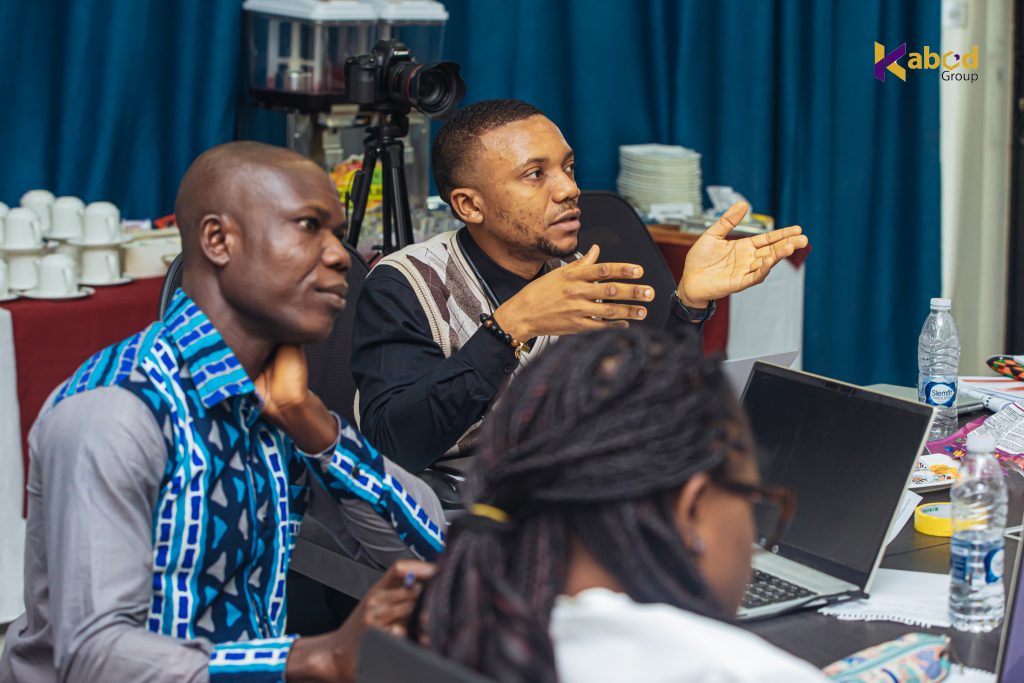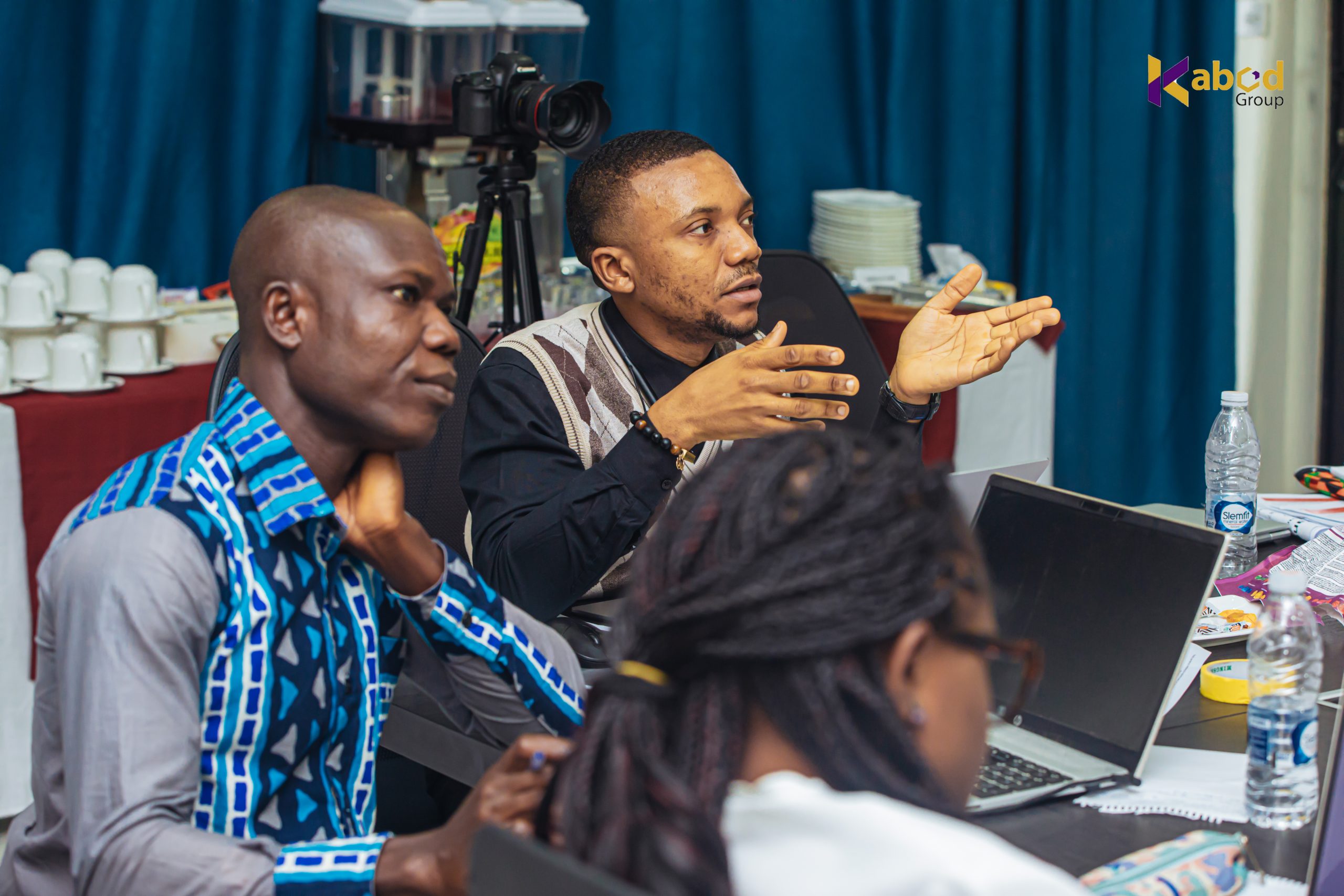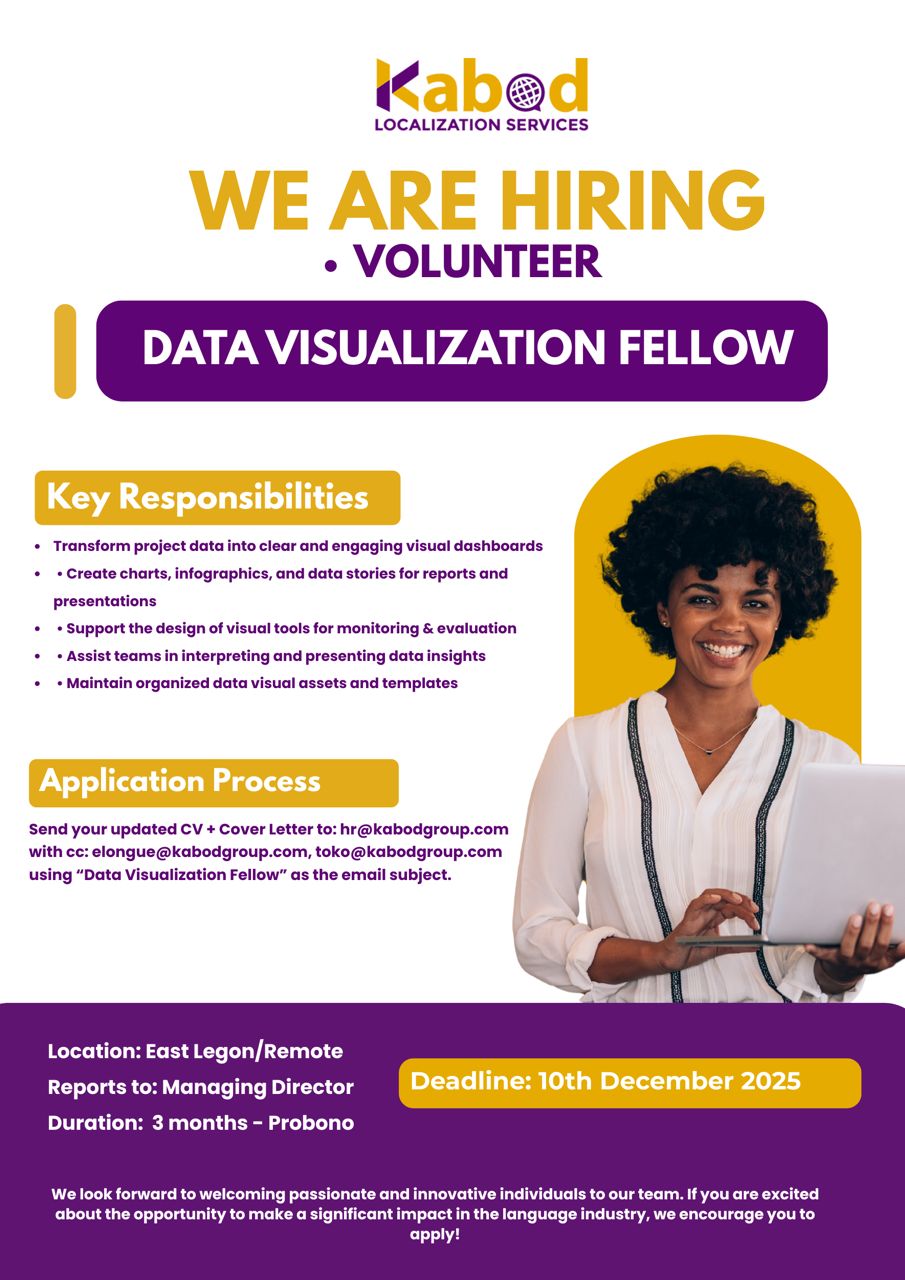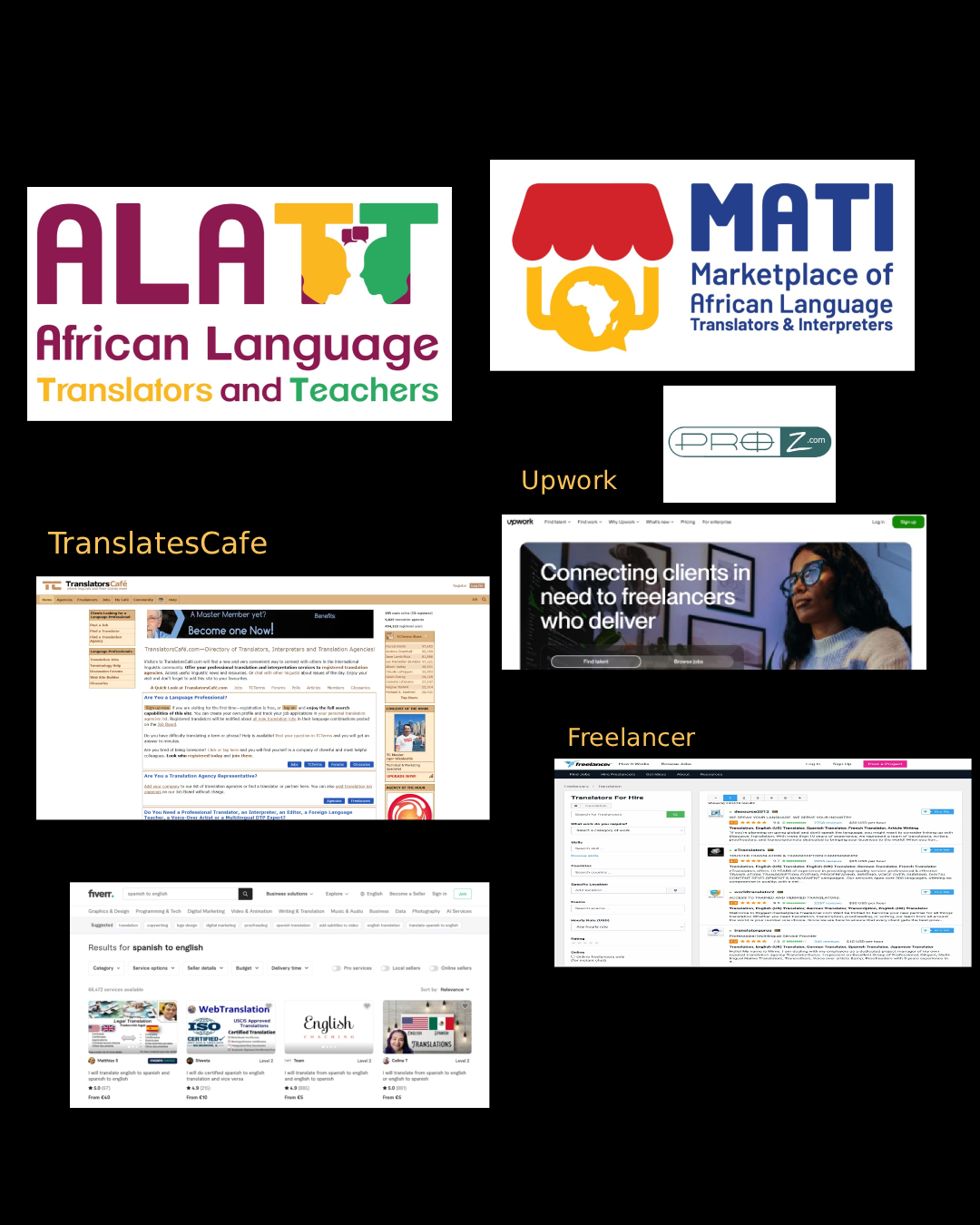
When I first joined the Catalyst Fund programme under the Shift the Power initiative as part of the Research and Learning Coordination Team, I thought I understood what 'shifting power' meant. Like many others, I believed it was about giving money directly to local organisations and letting them run their projects. But after working closely with small, often overlooked civil society organisations (CSOs) in Ghana, Malawi, and Zambia, I have come to realise it’s much deeper and harder than that.
Letting Go of Control is Not as Easy as It Sounds
One of the first things I noticed was how uneasy it was for some funders and intermediaries to truly let go of decision-making power. For instance, one of the intermediaries (Anchor Partner) introduced peer review panels made up of local people to select which organisations would receive grants. This was a bold move because it meant giving ordinary community members the power to decide where the money should go.
I remember reading a reflection from one of the leaders there, who admitted feeling uncomfortable when the panel’s choices didn’t align with what the fund managers might have preferred. It was a powerful reminder that shifting power isn’t about pretending to give people choices , it’s about accepting those choices, even when they don’t match our own.
Trust Is Built, Not Assumed
Another lesson I learned was that trust can’t be demanded; it’s earned over time. In one of the countries, local orgnanisations were allowed to conduct their own self-assessments and decide which areas they wanted to improve. They even let them reallocate unspent funds to new activities. At first, there were fears that some organisations might misuse the freedom they were given. But the opposite happened. When people were trusted, they rose to the occasion.
It struck me how rare it is in development work for communities to be treated as capable, intelligent decision-makers. Too often, we design solutions for them instead of with them. This programme reminded me that people understand their own challenges better than anyone else, and they’re more than capable of leading the response when trusted and given the chance.
The Value of Small, Quiet Wins
Before this programme, I thought impact was about big, visible projects, the kind that make it into reports and on social media. But some of the most meaningful changes I saw were small, almost invisible to the outside world.
In Ghana, Cashew Watch Ghana, a loose network of cashew farmers, especially women, struggled for years without formal registration or policies. With a small Catalyst Fund grant, they developed essential policies, registered as an organisation, and began training others in financial management. Today, they’re influencing policy in Ghana’s cashew sector.
It made me realise that building capacity, setting up a financial policy, or developing a simple constitution might seem like minor things, but for grassroots organisations, these are the foundations that hold everything together.
The Hard Parts No One Tells You
Of course, it wasn’t all smooth. Shifting power comes with risks and frustrations. Some organisations struggled with the mindset change. They were used to donors deciding everything — what to focus on, how to report, when to deliver. Now they had to take charge, plan, and sometimes even push back.
The timelines were also a problem. Six months or a year isn’t enough to undo years of top-down practices or weak governance structures. Real change takes time and the patience to stick with organisations through mistakes and growing pains.
In Zambia, one organisation, Healing Balm Foundation, worked in very remote communities where roads were impassable, and harmful beliefs about people with disabilities made advocacy difficult. Yet, with little money and a lot of courage, they trained local people, secured new grants, and even influenced local councils to become more accountable.




